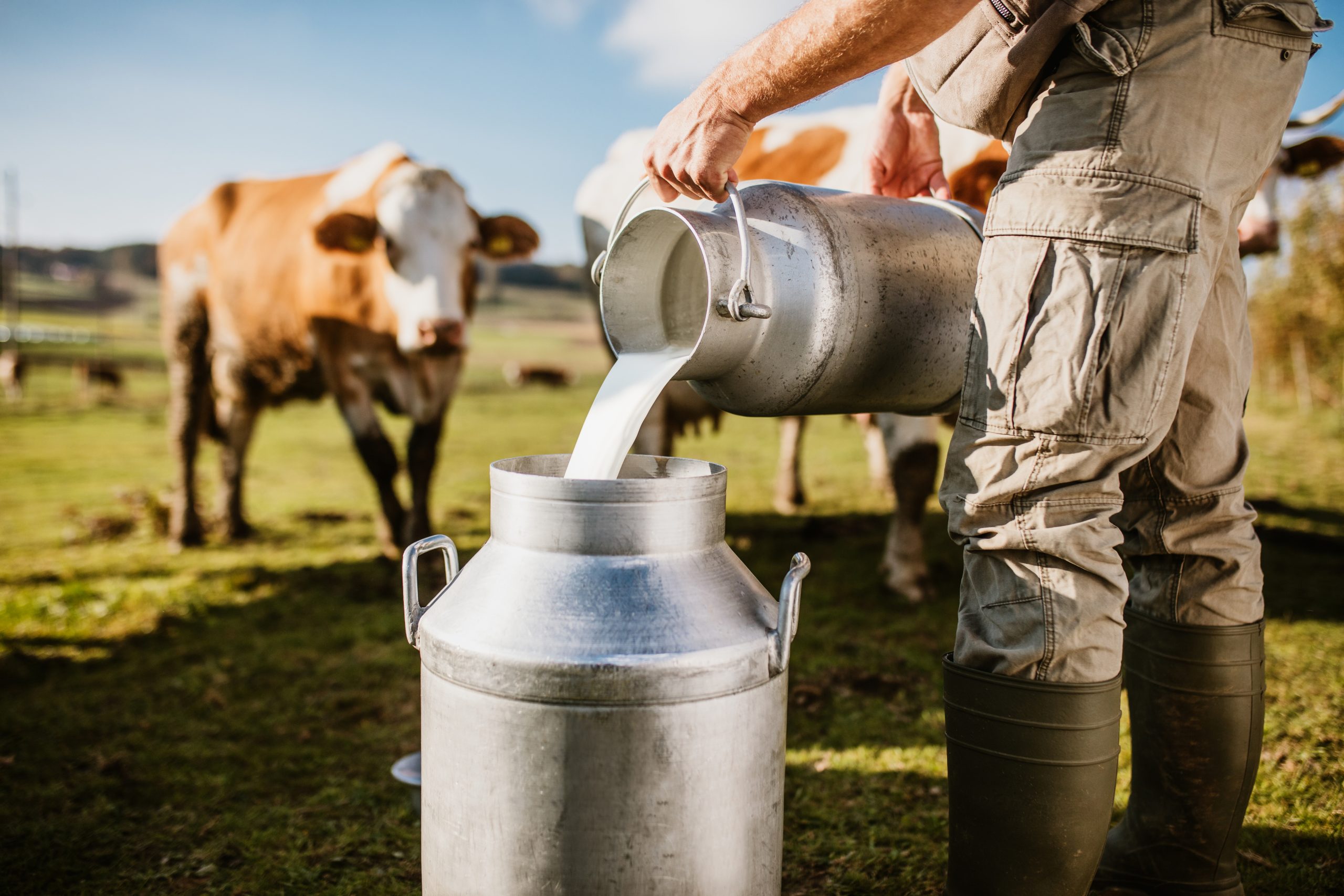Recent USDA data indicates that over 30 dairy cattle herds across eight states have confirmed cases of H5N1, a highly pathogenic avian influenza (HPAI) virus known to affect wild birds and poultry.
To combat the spread of H5N1 among cattle, the USDA’s Animal and Plant Health Inspection Service (APHIS) has implemented mandatory testing for cattle moving between states.
On April 16, APHIS microbiologists detected minor changes in the H5N1 virus from a cow in Kansas, suggesting potential adaptation for increased infectivity in mammals. However, a CDC analysis indicated that these changes are not unusual and do not affect viral transmission.
APHIS released genetic sequences from the H5N1 virus infecting wild birds, poultry, and cattle to aid scientists in understanding the disease and its potential to spread to humans.
Two human cases of H5N1 have been reported by the CDC, both linked to exposure to infected birds or dairy cattle. Symptoms were mild in both cases, and recovery was uneventful. There is currently no evidence of human-to-human transmission of the bird flu.
Concerns regarding the impact of H5N1 infections in dairy cattle on the milk supply have prompted ongoing FDA evaluations. Initial testing revealed viral fragments in one in five pasteurized milk samples, likely residual remnants post-pasteurization.
The FDA emphasizes that these viral fragments pose no risk to consumers, but further testing is underway to ascertain whether intact H5N1 virus versions are present in retail milk. To date, NIH-funded studies have not detected infectious forms of H5N1 in pasteurized milk.
Raw, unpasteurized milk can contain harmful pathogens, and H5N1 has been detected in raw milk samples. Therefore, the FDA advises caution regarding unpasteurized milk products due to potential risks associated with the virus.
Federal agencies are conducting comprehensive testing of milk samples within supply chain systems and are investigating other milk products like cream and whole milk. Despite these measures, the FDA, CDC, and other agencies affirm that the U.S. milk supply remains safe, and pasteurized milk poses no bird flu risks to consumers.
PREVIOUSLY ON BIRD FLU: Should you be worried about the Bird Flu? Here’s what Experts have to say
